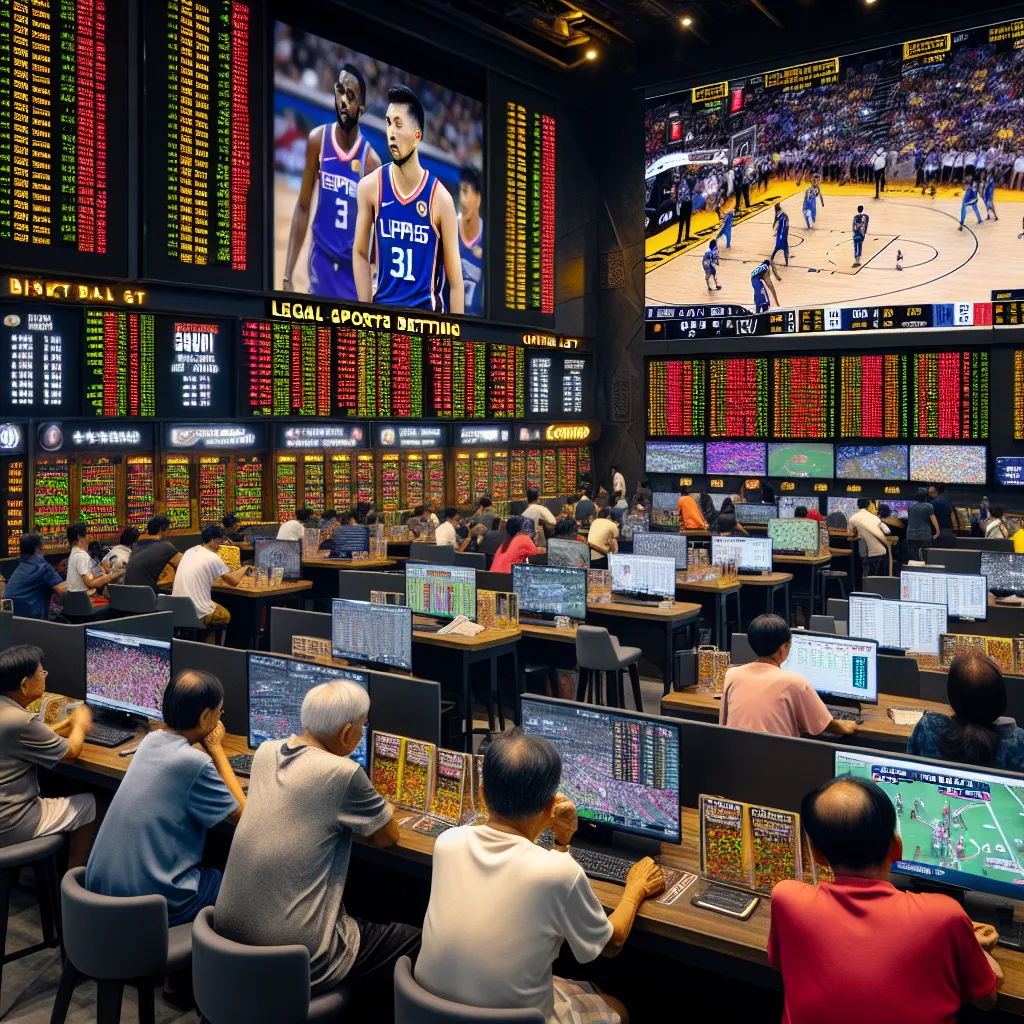Introduction: Understanding the Rise of Jiliph in Online Casinos
The online casino industry has witnessed significant growth over the past decade, with “jiliph” emerging as a notable segment within this dynamic market. As digital entertainment becomes increasingly sophisticated, jiliph—encompassing a variety of innovative gaming platforms and experiences—continues to attract both new and seasoned players. This article analyzes the current market trends, legal frameworks, leading brands, and regulatory challenges that shape the jiliph landscape, offering strategic insights for both operators and players.
Current Market Leaders for Jiliph
Jiliph has evolved rapidly, spurred by the rise of advanced online casino platforms and the demand for immersive gaming experiences. Among the market leaders, 22TWO stands out for its reputation and longevity. Established in 2006, 22TWO swiftly positioned itself as a frontrunner in global online gaming, thanks to its unwavering commitment to trust and credibility. The brand’s ethos emphasizes enriching the player experience, and this focus has translated into a robust portfolio of gaming brands that cater to a diverse audience.
Major platforms driving jiliph’s growth prioritize not only the diversity of games—ranging from traditional slots to live dealer tables—but also seamless integration of advanced technologies for security and user engagement. Leading brands are characterized by their agile adaptation to player preferences, offering unique opportunities, prizes, and a spectrum of entertaining options. Their strategies often involve continuous investment in proprietary gaming content and the cultivation of loyalty through exclusive promotions.
The competitive edge for platforms like 22TWO is further sharpened by rigorous adherence to responsible gaming protocols and the implementation of cutting-edge security systems. These measures are not only essential for legal compliance but also play a critical role in reinforcing brand loyalty and market leadership. As jiliph continues to mature, market leaders distinguish themselves through a blend of innovation, regulatory compliance, and a player-centric approach.
Regulatory Challenges for Jiliph Platforms
The jiliph segment, like the broader online casino industry, operates within a complex regulatory landscape. Central to this environment are licensing requirements and compliance standards set by independent regulatory bodies, such as the Philippine Amusement and Gaming Corporation (PAGCOR). Platforms operating under such licenses, including 22TWO, must demonstrate strict adherence to national and international regulations that govern online gambling activities.
One of the most significant challenges for jiliph operators lies in the dynamic nature of regulatory policies. As jurisdictions frequently update legal frameworks to address emerging risks—such as money laundering, fraud, and underage gambling—platforms must be agile in adapting their operational protocols. This includes routine audits, the implementation of responsible gaming features, and transparent reporting mechanisms.
The legal environment demands not only compliance but also proactive engagement with regulatory authorities. Brands that prioritize open communication and collaboration with regulators are often better positioned to anticipate policy shifts and mitigate operational risks. For example, 22TWO’s alignment with PAGCOR’s standards ensures that its platforms implement rigorous player protection measures and maintain the integrity of gaming operations. Such compliance is not merely a legal obligation but an integral component of sustainable brand strategy in the jiliph market.
Brand Strategies and Innovation in Navigating Legal Environments
Amid regulatory complexities, successful jiliph brands leverage innovation as a key differentiator. Market leaders invest in secure, reliable infrastructures that not only comply with regulatory mandates but also enhance player trust. For instance, 22TWO’s commitment to round-the-clock monitoring by a dedicated tech team exemplifies best-in-class security practices. By utilizing leading programs and protocols, the brand ensures the safety and confidentiality of player data, which is paramount in fostering long-term customer relationships.
Strategic branding in the jiliph market also involves transparent communication regarding legal compliance and security standards. Platforms that openly detail their licensing status, such as their operation under PAGCOR oversight, reassure players about the legality and safety of their gaming experience. This transparency is a powerful tool in building credibility, especially in markets where online gambling regulations are still evolving.
Moreover, jiliph brands are increasingly adopting responsible gaming initiatives—such as customizable deposit limits, self-exclusion tools, and real-time risk assessments—to align with both legal requirements and consumer expectations for ethical play. These features not only satisfy regulatory scrutiny but also enhance player satisfaction and loyalty. The integration of such measures into the core gaming offering is a testament to the industry’s shift toward sustainable and responsible growth.
Future Outlook and Strategic Recommendations
Looking ahead, the jiliph market is poised for continued expansion, driven by technological advancements and evolving consumer preferences. However, this growth will be tempered by ongoing regulatory developments and rising demands for transparency, security, and responsible gaming. Operators and platform providers must remain vigilant, continuously updating their compliance frameworks and investing in both technology and talent to stay ahead of regulatory trends.
For operators, a strategic focus on regulatory compliance is non-negotiable. This means maintaining active dialogue with licensing authorities, investing in advanced security infrastructures, and embedding responsible gaming features into every aspect of the platform. Brands like 22TWO offer a compelling blueprint—combining robust legal compliance with an unwavering commitment to player experience and safety.
Players, meanwhile, are advised to prioritize platforms that hold valid licenses from reputable regulatory bodies, such as PAGCOR. Awareness of the legal and security standards upheld by their chosen platform is essential for a safe and enjoyable gaming experience. Engaging with brands that demonstrate transparency, integrity, and a proven track record of responsible operation will ensure that players’ interests are protected.
In conclusion, the jiliph segment within online casinos represents both significant opportunities and challenges. By embracing innovation, prioritizing security, and adhering to the highest regulatory standards, market participants can foster a sustainable and thriving jiliph ecosystem. The continued leadership of established brands, coupled with evolving legal frameworks, will shape the future trajectory of this exciting and rapidly developing market.




